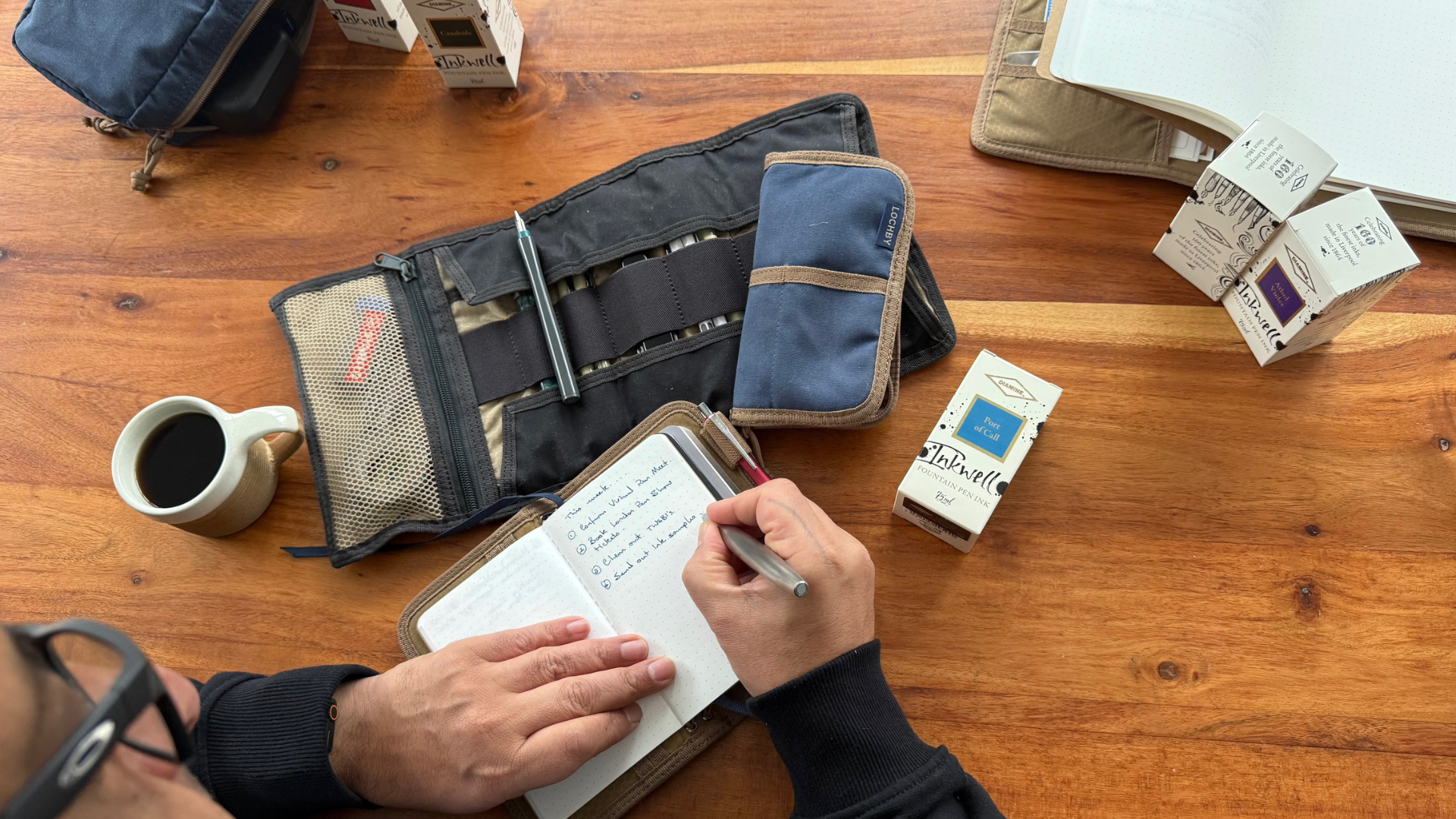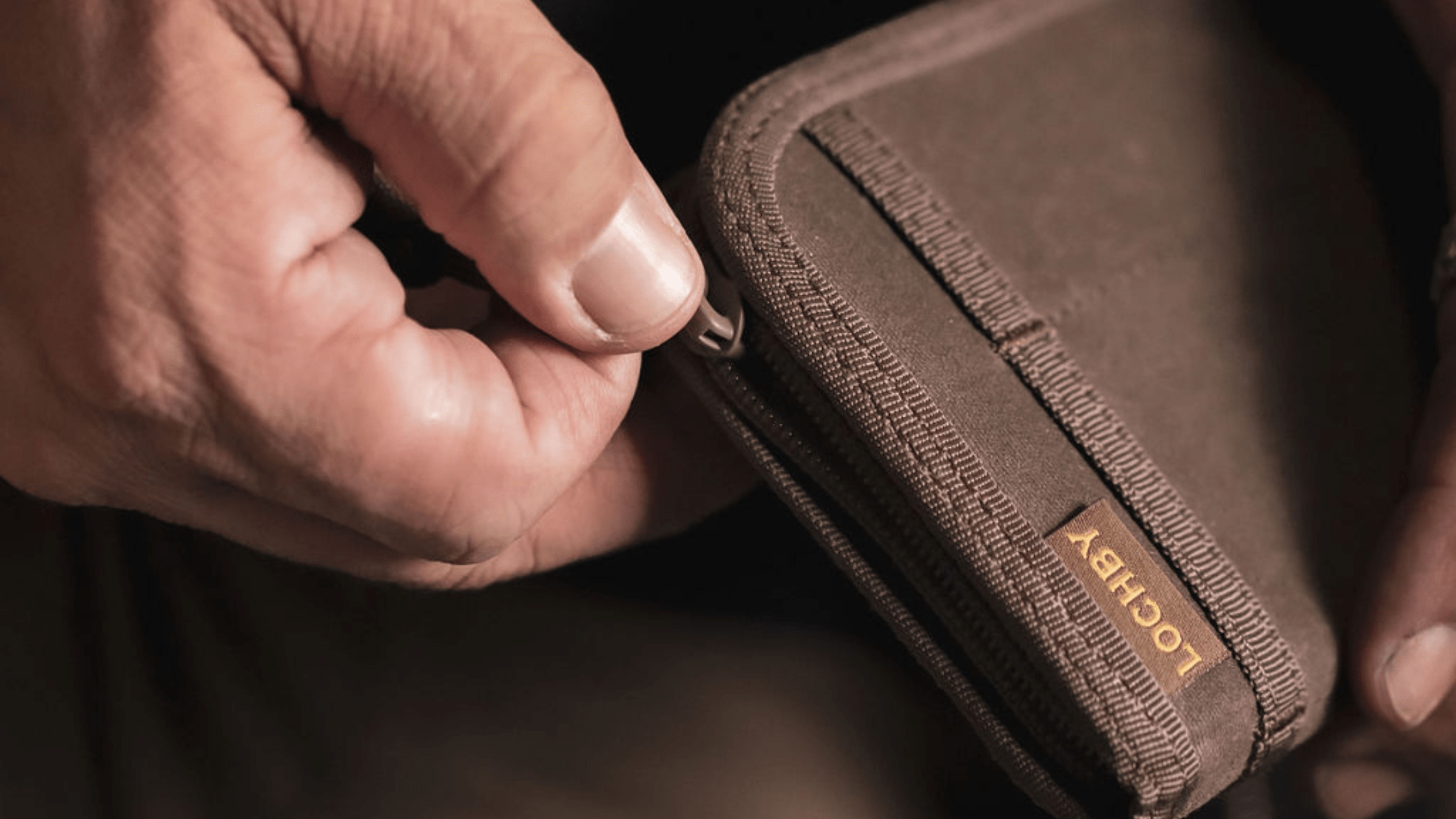We all know that we all have different habits, good or bad, whether we realize it or not. It impacts many things, most importantly our health, productivity, and happiness. We also know that good habits can help us achieve our goals while bad habits can hold us back, and so, if we really want to upgrade our life, it’s important that we build better habits.
Wait… what’s wrong with how I’m building my habits now?
If you already have a system in place that helps you build good habits, then great! But the main reason we want to make our habit-building even better is because we want to maintain a growth mindset. Self improvement is a continuous process, and so, we want to keep ourselves intentional when it comes to the habits we want to incorporate into our lives.
This is why in today’s post, we want to look at 6 strategies we can implement to make this happen so we can crush every goal we set out to accomplish!
1. No matter how tempting it is to go big, always start small.
Bigger is not always better and the same goes for building better habits. This makes sense if you look at how habits are formed in the first place: they start out as small, irrelevant things that we do over and over again until they become part of our routines. The key to making any good habit stick—or getting rid of a bad one—is to start as small as possible.
Small and bite-sized means it’s doable. There’s less stress and overwhelm, which can encourage us to keep doing what we do.
Slow and steady wins the race, they say—it may take a while to get to the end of your destination, to your goals as you build habits that can be useful to achieve what you’ve set out to do, but by doing so in tiny increments, there’s a bigger guarantee that you can maintain your upward, forward progress.
2. Have a trigger.
Have a trigger. An effective way to build better habits is to add a trigger every time we’re trying to make something consistently part of our routine. You won’t always need one later on, but in the beginning, triggers can be useful. It can make things easier.
The reason it works is because a trigger creates a certain association between your habit and the context where you want it to happen. As you do it repeatedly, then your brain takes care of the rest by making the association for you. Over time, the habit simply becomes second-nature—with or without the trigger.
An effective trigger is something that’s visible and easy, one that you encounter regularly or takes little effort to act on. For example: if you want to journal first thing in the morning, then you can take out your journal the night before and place it on your nightstand. This way, it’s the first thing you see when you wake up. It’s also within reach.
3. Make it enjoyable!
Do you willingly do something over and over again, may it be an activity or an experience, if it doesn’t inspire positive feelings? Most likely not! This is why making the process of building new habits enjoyable is a good strategy to implement.
To make a habit enjoyable, you have to find ways to make it rewarding and fun. You can do this in a specific way that suits you—we all have our preferences—from playing a certain type of music while working out to keep your energy and motivation high, to treating yourself with a much deserved nap after you’ve finished all your important tasks for the day. Experiment, find what truly makes you want to do certain things again and again, and do it every time you successfully complete something related to building your habit.
Of course, fun and rewarding doesn’t mean easy. Sometimes, if building habits is challenging, it can also be more enjoyable. In this case, the additional reward is the sense of satisfaction and accomplishment that follows after.
4. Have a plan for when things go sideways.
Building habits isn’t without its difficulties and, often, we can actually anticipate what those difficulties are. In cases that we don’t, we should take note and then plan accordingly for the future.
For example, if you’re trying to develop the habit of eating healthy, it would help if you didn’t stock up junk food at home. If they’re already there, removing them is a solution. Take out the temptation and help out your future self. Don’t have time to cook a proper, healthier meal because of time constraints? Set aside time to cook in batches or find an alternative to your usual fast food in advance so you have a better option later on. This way, you don’t have the excuse to choose an "easier" option.
The key to building a better habit is to make sure we’re proactive by anticipating potential challenges before they come up. This will help us better prepare to handle them.
5. Get enough sleep!
Sleep is detrimental to building better habits! This is because lack of it can interfere with our ability to focus and make decisions, which can also make it more difficult to stick to the habits we’re trying to form. We’re also irritable and more prone to stress—like this and we likely won’t have the patience to take on the more challenging aspects of building a new habit.
Here are other ways getting enough sleep can help us, this time with productivity. Give it a read to find out what other benefits a good night’s rest can give you!
6. Last but not the least, be patient with yourself.
Habits take a while to form and, because mindfully forming new ones can take some effort, we have to approach the process with patience in mind. Even if you don’t see results right away, keep going—remind yourself that these things take time.
If you really must see some progress, add a timeline to your habit tracker.
This way, you can map your way to the end goal—that is, building a new, good habit for yourself—assigning small milestones along the way. This can be your motivation and a visual proof that you’re making headway and that, though you haven’t quite reached your ultimate goal, you’re well on your way towards it.
Let’s continue building better habits!
Because we want to continue growing and improving, it’s vital that we look for ways to build better habits. It’s the only way to help ourselves as we pave the way to success with the achievement of our goals in sight.
What other strategies can you think of to build better habits? Which one did you have the most challenging time with from this list? Share what you think in the comments—we’d love to hear from you!





Share:
Setting Realistic Goals 5 Ways!
Why Learn A New Skill? Here Are 4 Reasons!